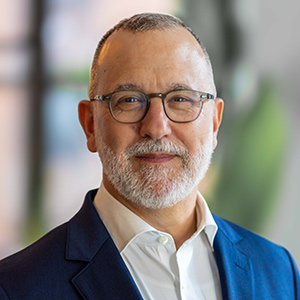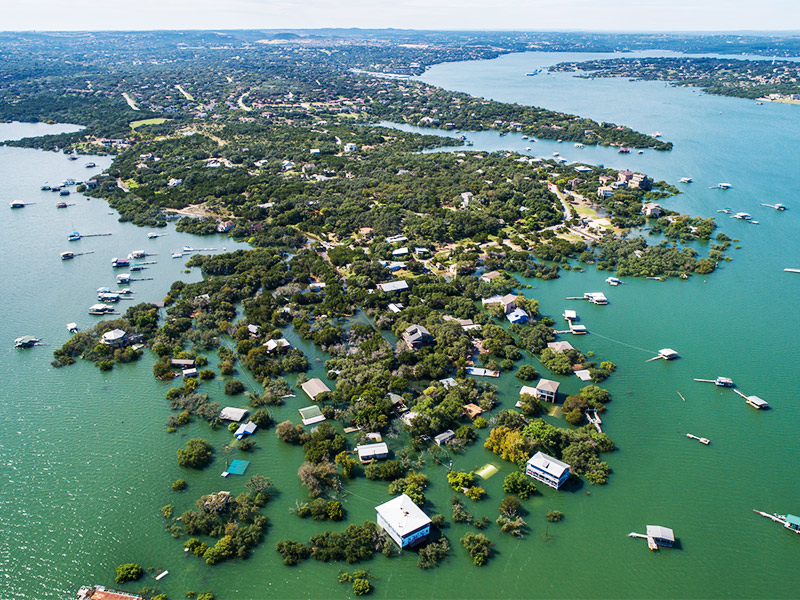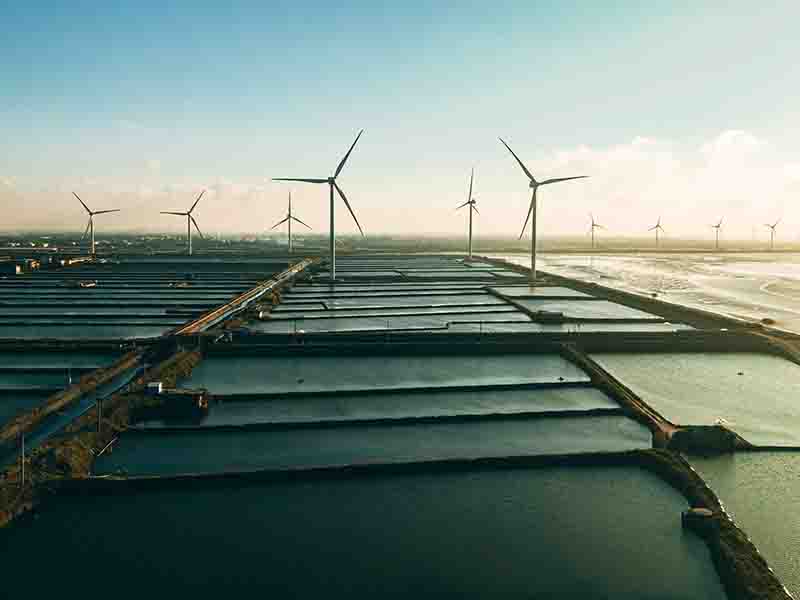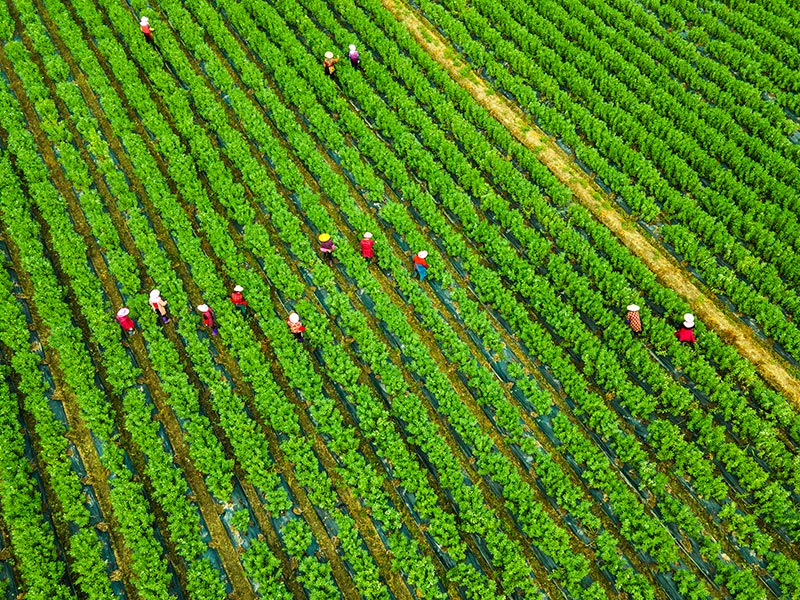Aron is recognized globally as a preeminent authority on just and sustainable business. In addition to leading BSR, which has grown substantially throughout his tenure as President and CEO, Aron advises senior executives at BSR’s 300+ member companies and other global businesses and partners on the full spectrum of environmental, social, and governance issues.
Aron joined BSR in 1995 as the founding director of its Business and Human Rights program. He later opened BSR's Paris office in 2002, where he worked until becoming President and CEO in 2004. Aron has served on advisory boards to CEOs at AXA, Barrick Gold, Marks & Spencer, Nike, Recruit Holdings, SAP, Shell, and he serves as a director of the We Mean Business Coalition and RISE.
Aron speaks frequently at leading business and public fora and is widely quoted in top-tier media, such as the Financial Times, Le Figaro (France), The New York Times, The Wall Street Journal, Axios, and Politico. He is co-author of the book Sustainable Excellence: The Future of Business in a Fast-Changing World, which spotlights innovative sustainability strategies that enable business success.
Prior to joining BSR, Aron practiced law in San Francisco and worked as a journalist at ABC News in New York. He holds a BA from Tufts University and a JD from the University of California, Berkeley.
Recent Insights From Aron Cramer









